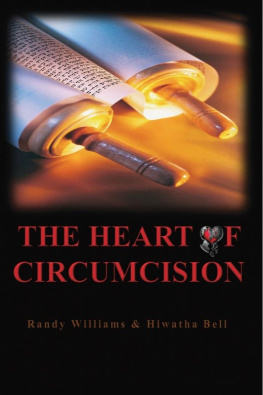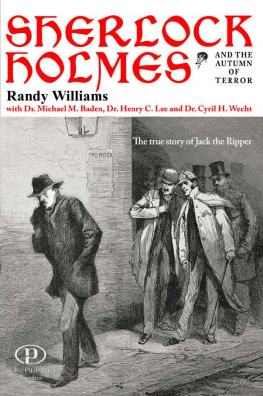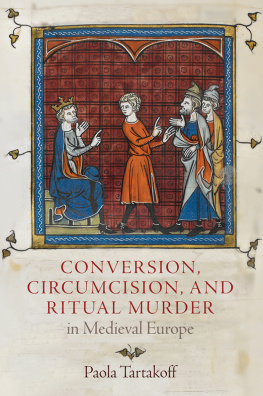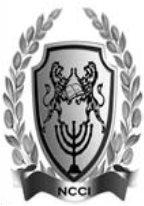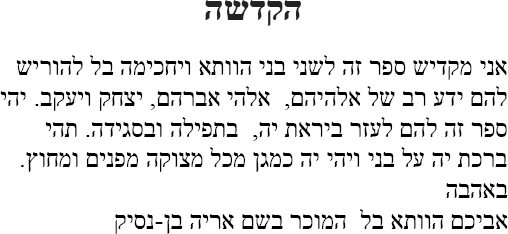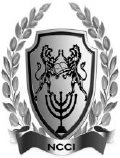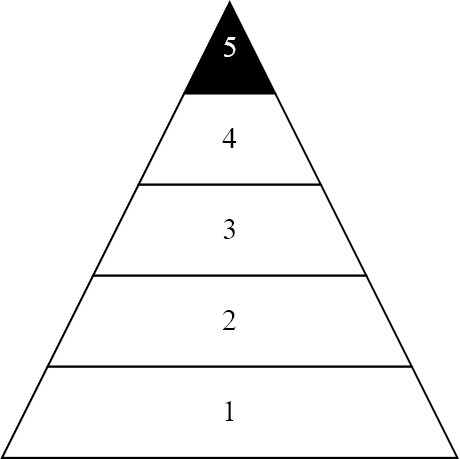The Heart of Circumcision
By Randy Williams and Hiwatha Bell
With contributions from Simeon Ben Yisrael, Arieyah Ben Naseek, Koliyah Baht Yisrael, Ahdaiyah Baht Yisrael, Lasonia Webb, Roman Cress, Chad Scheitel and Valerie Williams
Edited by Evergreen Editing, Huntersville, NC
Published in 2014 by Sinaitic Publishing, a division of New Covenant Congregation of Israel Charlotte. 9908 Monroe Road, Matthews, NC 28105. Sinaitic Publishing has written various publications on biblical subject matters. We welcome your comments and suggestions.
For more information about our Sinaitic organization, please visit us at www.ncci-charlotte.com .
Cover Concept: Hiwatha Bell
Cover Image: Google Images
Library of Congress Control Number: 2014911624
ISBN 978-1-631-92190-2
eISBN 978-1-631-92191-9
Printed in the United States of America
Numbers 23:24 Behold, the people shall rise up as a great lion, and lift up himself as a young lion: he shall not lie down until he eat of the prey, and drink the blood of the slain. (KJV)
Dedication
This book is dedicated to all worshipers who seek a clear understanding of the will of Yah in an unadulterated manner. Who pursues righteousness in the purity of their heart and praises the Most High with clean hands. May the Blessings of Yah be upon those who read and apply their newfound knowledge to the glory of Yah and to the edification of the righteous.
Writers
Written by Randy Williams and Hiwatha Bell
Contributors: Simeon Ben Yisrael, Arieyah Ben Naseek, Koliyah Baht Yisrael, Ahdaiyah Baht Yisrael, Roman Cress, Chad Scheitel, Lasonia Webb and Valerie Williams
Table of Contents
Preface
W elcome to Sinaitic Publishings study, The Heart of Circumcision written to help the reader understand and grasp the true biblical meaning of circumcision, both literally and spiritually. This is Book five in a continuing series of exhaustive analysis of various controversial and non - controversial theological subjects.
The purpose of these biblical disquisitions is to educate the reader in the fundamental teachings of the Torah, which is Hebrew for instructions, as it relates to various biblical subjects without religious biases, traditions, interpretations, and biblical postulations. These biblical disquisitions are designed to give the reader an opportunity to study many subject matters that are highly debated in the realm of biblical theology.
The objective of these books is to introduce subject matter material and have that subject matter analyzed by the word of Elohim (God) as many profess to do. The difference with this book from those, which have preceded it over the past two thousand years, is that this book will remain true to the content and context of Elohims word without introducing interpretations, religious and personal ideologies and biblical postulations as stated in the aforementioned.
Subjects covered in these disquisitions will have a proper exegete based upon an analysis of content with context. The content and context will be confirmed by examining the etymology of words, examinations of cultural and historical occurrences, which have a direct impact on Bible verses and their message.
Examination of subject material from a linguistic perspective, as well as a dispensational perspective will allow the reader an opportunity to experience the richness of Elohims word without compromising the integrity of the message.
Book Type: Self Analysis and Spiritual Development.
Book Purpose: To help the reader understand the most significant aspect of circumcision based upon Gods view and perspective.
Reading Hints: To make this reading more profitable and insightful, please read the verses that are within at least twice and pay attention to the italic script and each biblical commentary.
Controversial Meter: The books that Sinaitic Publishing prints may be controversial in some respects; therefore, included in this book is a controversial meter, which will highlight the sensitivity surrounding the subject, mainly from the Clergy.
Book Controversial Meter is rated from:
0, non-controversial to;
5, highly controversial
The Heart of Circumcision is a 5
Legend
1. Adonai..The Hebrew title for Lord or Master.
2. Apocrypha.Derived from the Greek word that means hidden; these books and chapters are found interspersed among the canonical books of the OT in the LXX and the Latin Vulgate, but are not found in the Hebrew OT. There is no clear evidence that Yahshua or the apostles ever quoted the Apocryphal works as scripture.
3. Canon An ecclesiastical law or code of laws established by a church council, A secular law, rule, or code of law.
4. Clergy Religious leaders who use the Bible as a source for divine doctrine and articulating the will of God.
5. Dead Sea Scrolls.Documents found in 1947 in a cave overlooking the southwestern shore of the Dead Sea.
6. Demiurge.. A powerful creative force or personality, used by the Gnostics to reference Yah the god of the Old Testament in contrast to Yahshua the deified god of the New Testament.
7. Ecclesiastical.Church oriented, Church laws, Church Traditions usually created autonomously without Yahs intervention or even endorsement.
8. ElohimThe most frequent Hebrew word for God, gods, angels, mighty ones, rulers or judges.
9. ExegesisExposition, explanation; especially: an explanation or critical interpretation of a text.
10. GnosticBelieved the Creator God of the OT was inferior to the Superior God of the New Testament (Jesus). The Gnostics were a branch of Christians who assisted in the development of much of the Christian theology of today.
11. MashiachThe Hebrew word for Messiah or Christ.
12. Most High..A title held by Yah and refers to Yah within the Hebraic and Biblical culture.
13. Propitiation.A consolatory act through mediation and intercession for covering and reconciliation.
14. Samaritan PentateuchThe Samaritans were a group of people who inhabited the region of Samaria; their religion was based solely on the first five books of the Bible also known as the Pentateuch.
15. Septuagint..Greek word for the Old Testament Bible derived from septuaginta (seventy), which refers to the number of people once believed to have translated the Hebrew Bible into Greek.
16. SinaiticismDescribing the cultural practice given to the children of Israel at Mt. Sinai.
17. SinaiticDescribing the covenant given to the children of Israel at Mt. Sinai.
18. TalmudA collection of Jewish traditions from the early centuries. There are two forms; the Palestinian and the later more authoritative, and much longer Babylonian. Each consists of Mishnah and Gemara. Mishnah grew from oral traditions, whose origin is obscure. The Gemara is nothing more than written commentary on the Mishnah.

